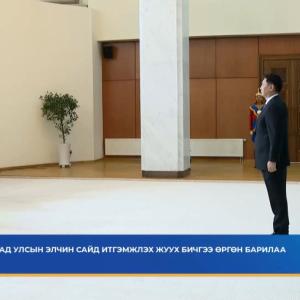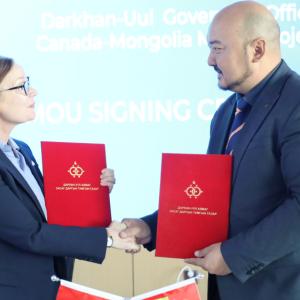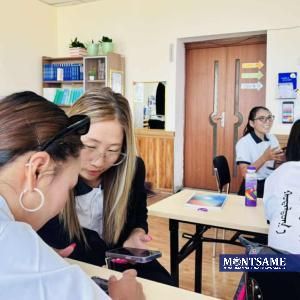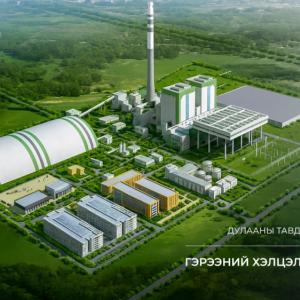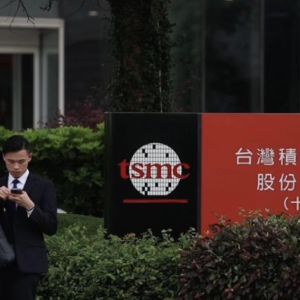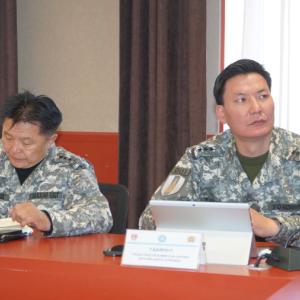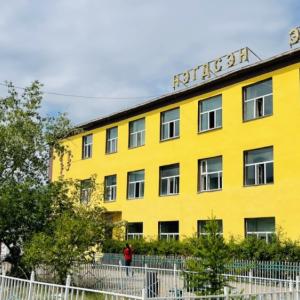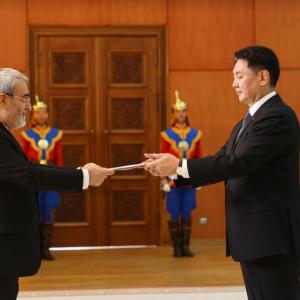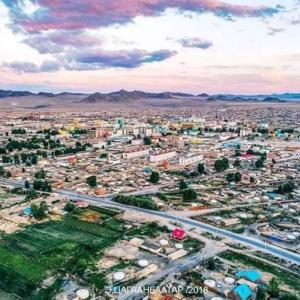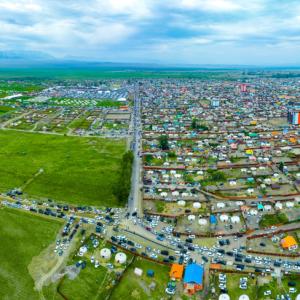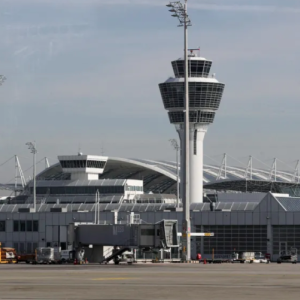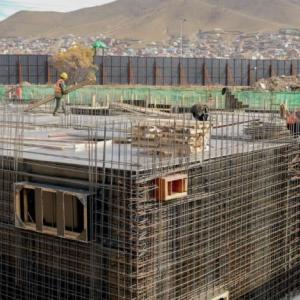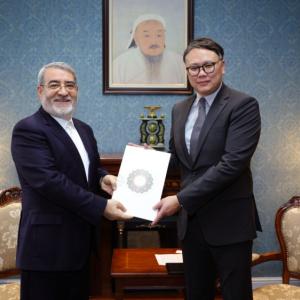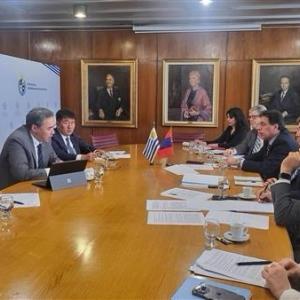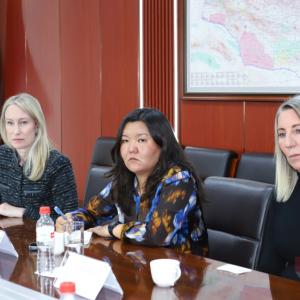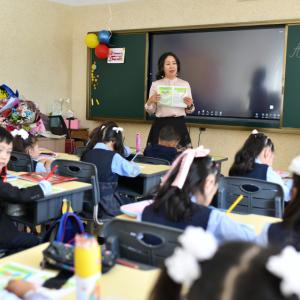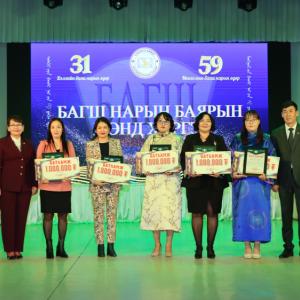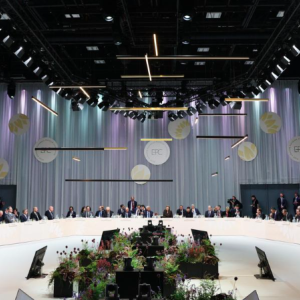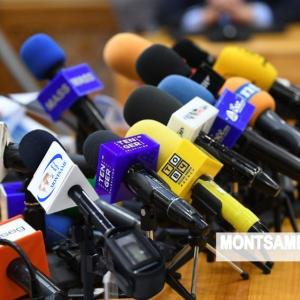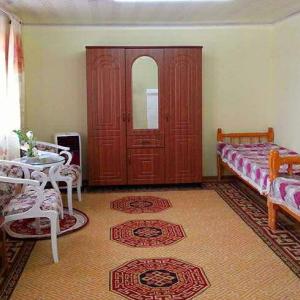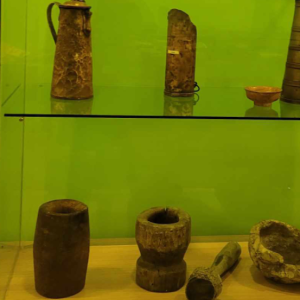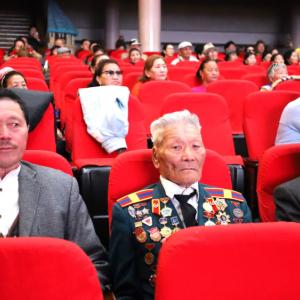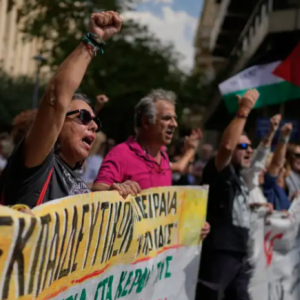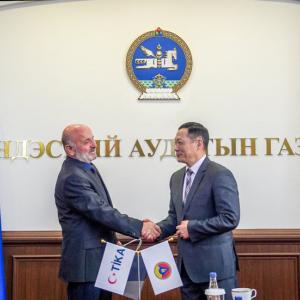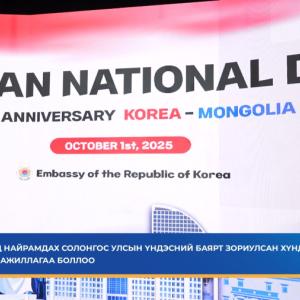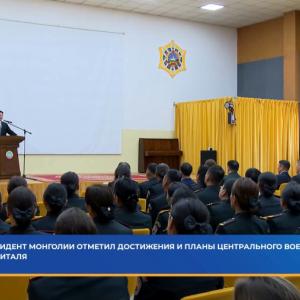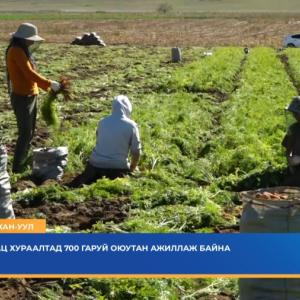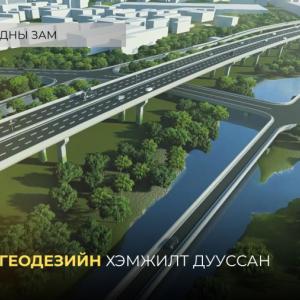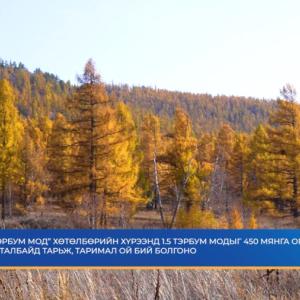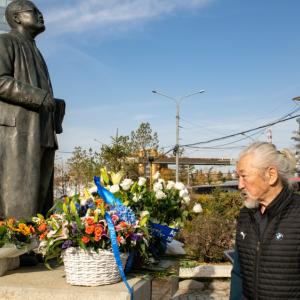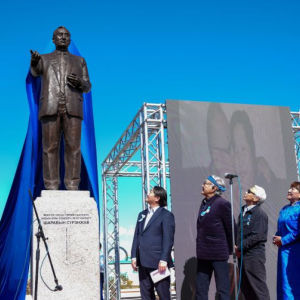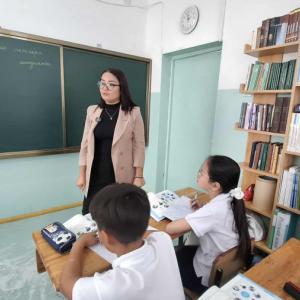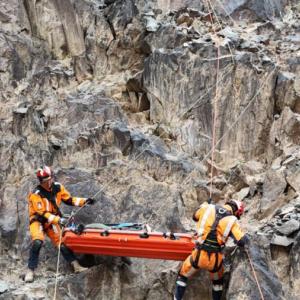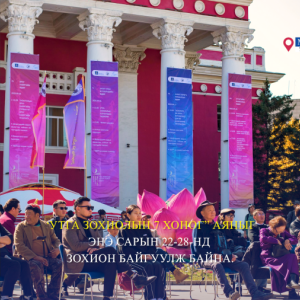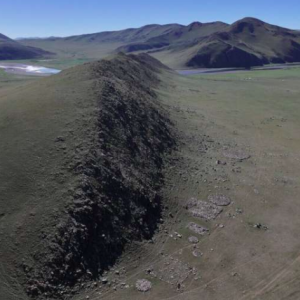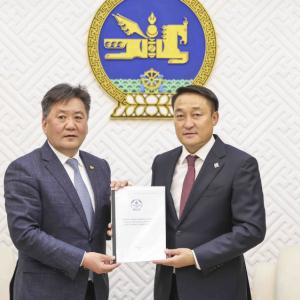Economic Development Board under the Prime Minister Discusses Responses to Global Economic Situation
Economy
Ulaanbaatar, April 23, 2025 /MONTSAME/ The 4th meeting of the Economic Development Board under the Prime Minister of Mongolia was held on April 21, 2025.
The Board Members of the meeting were informed and discussed proposals from the private sector regarding amendments to the Law on Energy and Renewable Energy, as well as measures to be taken in response to the current situation in the global economy. First Deputy Prime Minister Gantumur Luvsannyam informed the members of the Board about the current situation in the global economy and the risks facing our country. The Global Uncertainty Index has reached the second-highest level ever, at 53, after peaking at 56 in 2020 due to the pandemic. This recent increase is attributed to factors such as the US elections and geopolitical risks.
According to the Asian Development Bank, the impact of the trade war is expected to cause global economic growth to contract by 0.4 percent in 2025 and 0.7 percent in 2026, while China's economic growth is expected to shrink by 0.4 percent in 2025 and 0.9 percent in 2026. This situation has a negative impact on Mongolia, which generates budget revenue mainly from mining products. Therefore, the First Deputy Prime Minister noted that it is necessary to adopt the draft law on amendments to the Law on Mining Products Exchange by the Parliament, implement the "Gold" program, transform the Development Bank into an EXIM bank, and amend the Law on Public-Private Partnership. "The Interim Trade Agreement between Mongolia and the Eurasian Economic Union and its member states is an urgent issue that the joint Government must address, as reflected in the "Vision-2050" program. The agreement will provide a great opportunity to expand the market in this time of uncertainty and shrinking investment," said First Deputy Prime Minister Gantumur.
The export revenue of Mongolia has dropped by USD 1 billion compared to the same period last year, and though the coal price decreased by 38 percent, the physical volume of coal exports is at the same level as in the previous year. The price of copper concentrate is 19 percent higher than in the previous year, and the physical volume of its exports is 26 percent higher. Foreign exchange reserves stand at USD 5 billion.
At the meeting, the Ministry of Finance presented options for increasing the efficiency of the Sovereign Wealth Fund and distribution of the subordinate funds and mineral resource royalties concerning the current economic situation. The relevant officials were instructed to compile the recommendations made by the council members and submit them for discussion at the Cabinet meeting.
Member of the Energy Sub-Council B. Baatarmunkh presented the draft amendments to the Laws on Energy and Renewable Energy. The draft laws suggest 12 packages of proposals, summarizing more than 270 proposals submitted by member entities of the Mongolian Chamber of Commerce and Industry and the Mongolian Business Council. The Energy Concept was first approved in 2001, and now there is a need to update it. For example, the procedure for bidding on new projects should be revised, and 48 types of permits that are required in the energy sector, including construction, production, and land use, should be facilitated, and a “single window for permits” should be introduced in accordance with international standards.
In addition, the private sector put forward proposals, including creating a category of renewable energy users, certifying consumption, reflecting regulations for concluding stability agreements with new investors in the law, amending the Energy Law and the Budget Law to clarify budget subsidies, and opening the possibility of using swap agreements in energy projects through international agreements.
The Prime Minister noted the need to integrate separate concepts in the energy sector, ensure coordination, and improve the legal environment, and expressed his commitment to work on it. In addition, the geopolitical and geoeconomic situation, sharp changes in trade tariffs, and the crisis are challenging the long-term and short-term economic policies of Mongolia, requiring readiness similar to that of a pandemic. This requires the participation and support of the private sector, noted the Premier and directed relevant officials to present proposals for cooperation in a consolidated manner. In the future, large-scale projects that will benefit the social and economic development of Mongolia implemented by the private sector will be presented at the meetings of the Economic Development Council, and a mechanism will be established to ensure that the Government provides appropriate support to the projects.

 Улаанбаатар
Улаанбаатар

